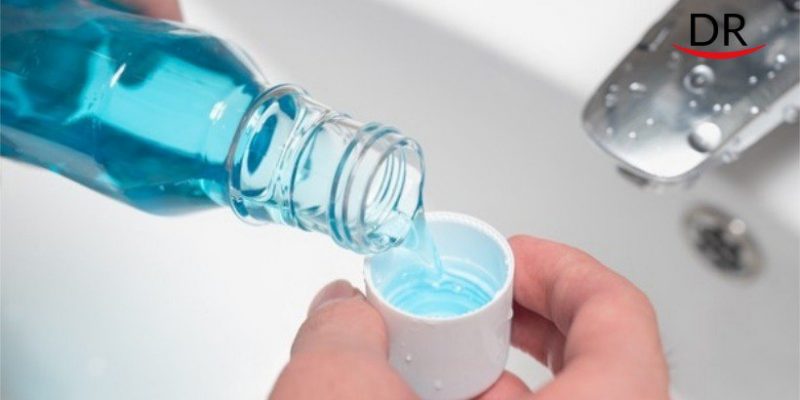Current research shows that hydrogen peroxide is only minimally effective, or not effective against SARS-CoV-2. In view of this research, The Canadian Dental Hygienists Association and Public Health Ontario recommends that dental offices stop using hydrogen peroxide as a COVID-19 pre-procedural rinse.
Coronaviruses have been responsible for three major respiratory diseases in recent decades. The presence of severe acute respiratory syndrome coronavirus 2 (SARS-CoV-2) in saliva has alerted health professionals to the possibility of contamination by aerosols generated in a number of procedures.
In an attempt to prevent patient-to-practitioner transmission by means of contaminated saliva, opinions on how to proceed with patients began to emerge in the literature in order to reduce the risk of cross-infection through h aerosol generation.
Hydrogen peroxide is a substance that is degraded into oxygen and water when in contact with catalase – an enzyme present in almost all living beings, including micro-organisms within the oral microbiota – and this oxidative process would be capable of eliminating bacteria and fungi. eng et al. assumed that this process of oxidation might also be effective against SARS-CoV-2 by alleging that this virus would be sensitive to oxidation .
Hydrogen peroxide is currently the most frequently used COVID-19 pre-procedural rinse in most dental offices. Therefore, this new research might prove to be crucial in terms of safety.
The research cited includes a literature review of 976 scientific articles on the virucidal efficacy of hydrogen peroxide. The authors conclude, “There is no scientific evidence supporting the use of hydrogen peroxide for SARS-CoV-2 or any other virus in saliva.”
Thus, since there is a lack of scientific evidence supporting any virucidal activity of hydrogen peroxide mouthwash, associated with its lack of substantivity, its indication in dental care protocols during the COVID-19 pandemic should be revised.
(Source: Canadian Dental Hygienists Association and Public Health Ontario)




















Comments